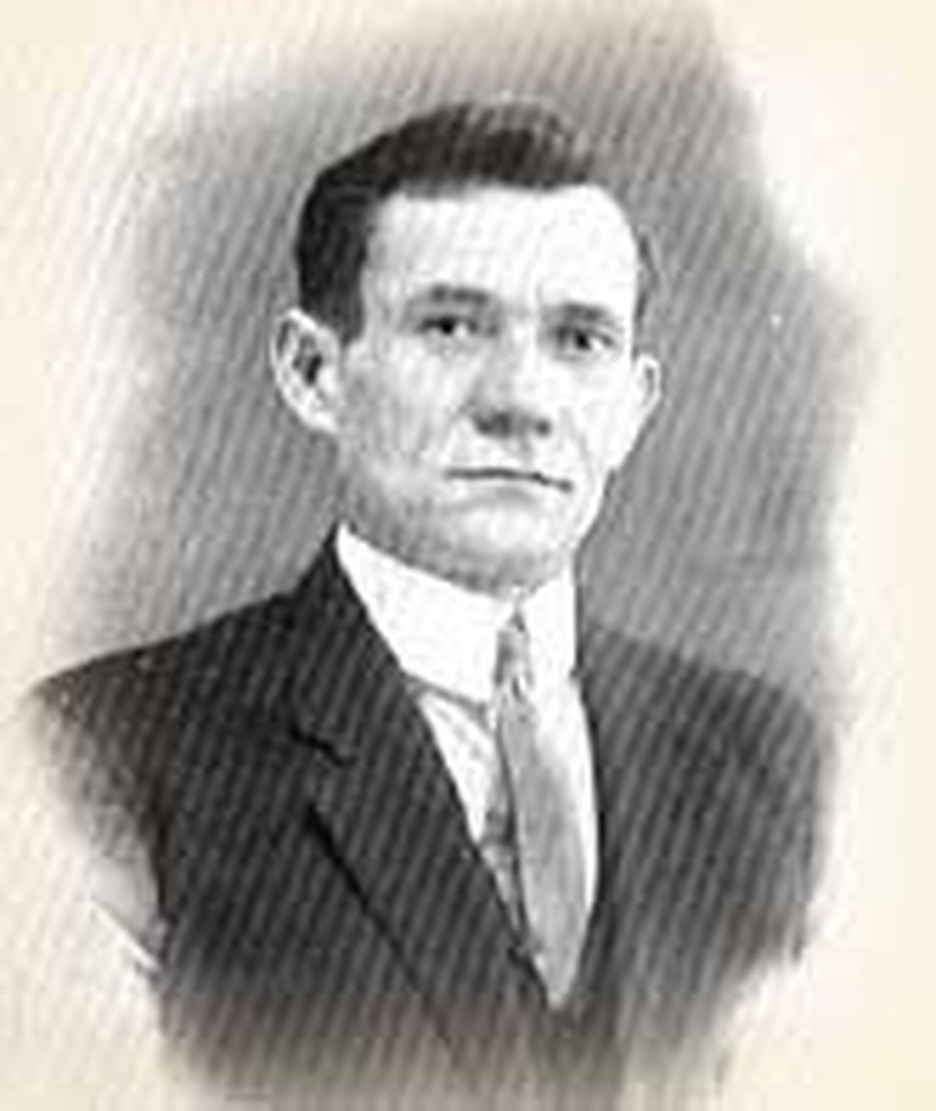
In 1779, William Black experienced a revolutionary change in his life at a Methodist meeting. "The tears began to gush out of my eyes and my heart to throb within me; so that in a little time, most of the company did so too." Ten or eleven people joined him in mourning for their sins.
Getting right with God generally makes a man want to share the Gospel with others. That was true for William Black. He wanted to carry the Gospel throughout Nova Scotia. Three years after his conversion, on this day, June 11, 1782, William Black preached his first sermon. He began his evangelistic travels in the company of Henry Alline, a notable "New Light" evangelist. However, Henry Alline opposed all organized denominations. He soon quarreled with William, and did not respond warmly to William's efforts to patch up their relationship.
William persevered on his own. Before his death, he would be known as "The Apostle of Methodism in the Maritimes." He is sometimes described as the first ordained Methodist clergyman in Canada, but that is misleading. Although he performed the work of a minister in spreading the Gospel, he remained a layman until 1989. However, he brought the first ordained Methodists to Nova Scotia.
It happened this way: In 1784, United States Methodists gathered in Baltimore. William was the only Methodist representing Canada. He pleaded with the assembled Methodists to send workers to Nova Scotia. The conference sent two ordained ministers back with him: Freeborn Garrettson and James Cromwell. He humbly submitted himself to these ordained ministers.
To overcome his lack of training, he studied hard on his own. To build the church, he traveled constantly throughout Nova Scotia and neighboring provinces, preaching wherever he could get a hearing. He corresponded with John Wesley and other Methodist leaders. A man of tact and administrative ability, he kept good friendship with other evangelicals; for example, if there was no local Methodist group, he even sent his converts to the Baptists who held a doctrine quite different from his own. All he asked of a church was that it demonstrate the life of Christ in it. In 1789, the conference ordained William as a deacon and elder. At that point, he became the first Canadian citizen ordained in the Methodist church.
As the presiding elder of Eastern Canada, William Black was the most influential Canadian Methodist of his period. His many years of hard work resulted in a solid Methodist organization in Nova Scotia. It was considered the most conservative wing of the Canadian Methodists.
Bibliography:
- A. W. Bowen & Co. Halifax. History of Nova Scotia, Volume III, 1916. http://www.rootsweb.com/~nscumber/ bio/blackw.html
- French, G. S. "Black, William." Dictionary of Canadian biography. Toronto: University of Toronto Press, 1965- .
- Gross, Ernie. This Day in Religion. New York, N.Y.: Neal-Schuman Publishers, c1990.
- Kleinsteuber, R. Wayne. More than a Memory: the renewal of Methodism in Canada. Light and Life Press, 1984.
- "William Black." http://rylibweb.man.ac.uk/data1/dg/methodist/ black.html
Last updated July, 2007


